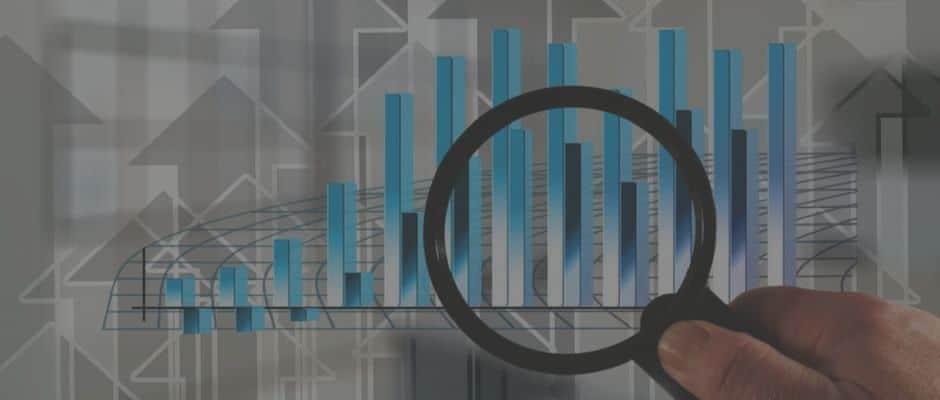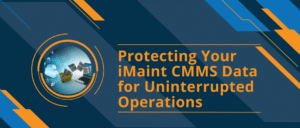Are you interested in transitioning to new equipment maintenance software because the system you’re currently using isn’t meeting your needs? Maintenance managers understand the benefits of EAM/CMMS software, realizing that it helps them control costs and better manage their equipment and assets. Nevertheless, few managers are capable of articulating and translating the benefits of equipment maintenance software to senior management in a meaningful and persuasive way, especially in the face of competing priorities. Justifying CMMS software costs can be a critical challenge.
Upper management often views maintenance as a cost that must be minimized rather than an arm of the organization that increases profitability. However, the market demands efficiency in all areas, including maintenance. An organization that fails to upgrade its maintenance management software will be at a major disadvantage if its competitors take a more proactive approach to eliminating maintenance inefficiencies. An effective EAM/CMMS system ensures that your assets are fully optimized and that maintenance is completed in a timely and efficient manner, leading to a reduction in costs.
Consequences of Maintaining the Status Quo
No organization should tolerate poor equipment maintenance software. Some of the consequences of neglecting to implement a new EAM/CMMS maintenance system when one is needed include:
- Under utilization of assets
- Inefficient allocation of resources
- Poor management of planned maintenance
- Increased downtime
- Inability to plan and predict future costs
- Non-compliance penalties
If you’re looking to purchase equipment maintenance software, you likely have a system in place already. You may want to make a change because you’re seeking newer technology, improved ease of use or additional functionality. Perhaps you want a product that could accommodate a larger base of users or one that provides you with additional features, like mobile CMMS.
One thing to keep in mind is that purchasing a new CMMS won’t fix poor processes or procedures. Installing new software won’t change anything if the underlying problems persist. However, if confidence in the existing CMMS is lost, an organization may need to install a new system in order to force a change in routine.
Issues that could affect the performance of your CMMS include a lack of user training, lack of meaningful reports and inconsistencies among users. It is up to the maintenance manager to create a comprehensive strategy for improvement and value-added processes when implementing new EAM/CMMS software.
Convincing Upper Management of the Need for New EAM/CMMS Software
Upper management typically needs more information before allocating dollars to a new software investment. The key to justifying CMMS software upgrade costs is the ability to demonstrate a strong return on investment (ROI). While EAM/CMMS software vendors can provide you with information about the features and functions of their software, it is up to the maintenance department to develop a comprehensive utilization plan.
Aligning maintenance management initiatives with the needs of executive management is the key to convincing them that new EAM/CMMS software is needed. Ownership, shareholder, and stakeholder interests drive the needs of upper management. One of the most common mistakes that maintenance managers make is justifying CMMS software investments from a technical or operational perspective rather than from a financial perspective.
The cost-savings opportunities of a CMMS are mostly related to the way the software improves processes. Implementing a CMMS decreases costs by reducing unplanned breakdowns and delays, improving materials management, enhancing worker productivity and more. Savings achieved as a result of the CMMS can be allocated elsewhere in the budget. For example, upper management could use the funds gained to expand research and development, build more products, or purchase new technology and equipment.
For more information about justifying CMMS software costs to upper management and to learn how the software could improve the efficiency of your maintenance operations, contact DPSI today.




